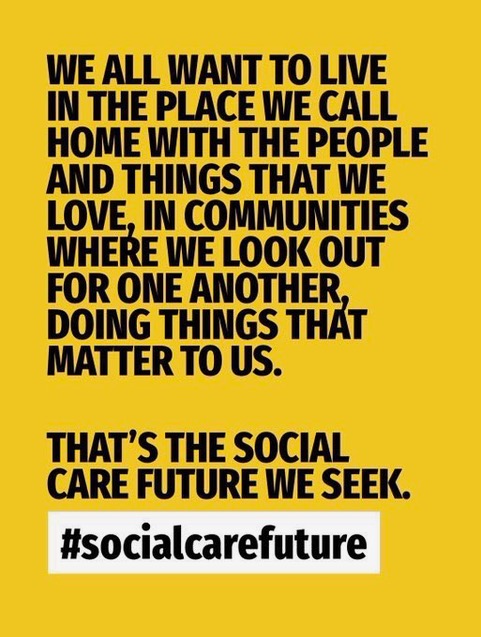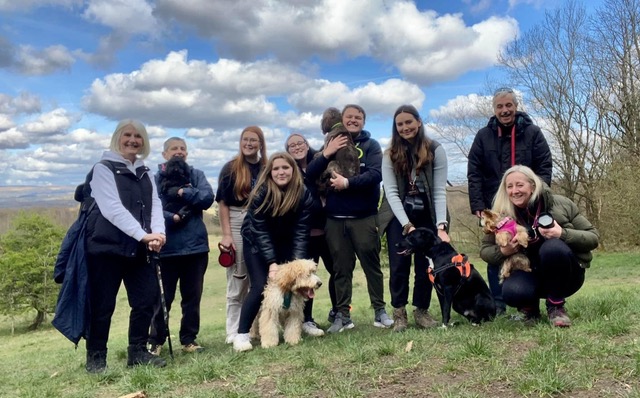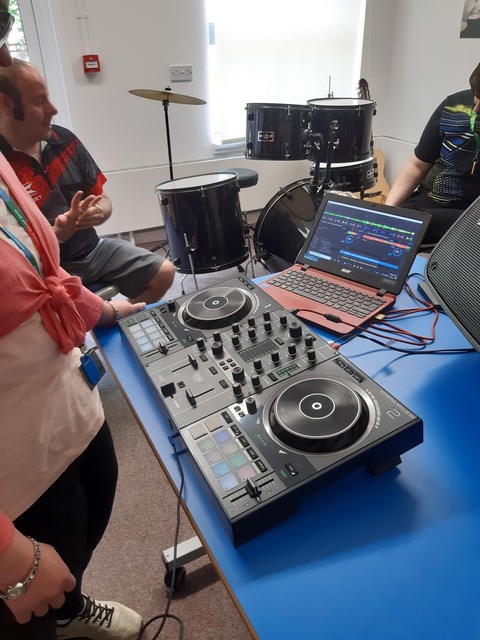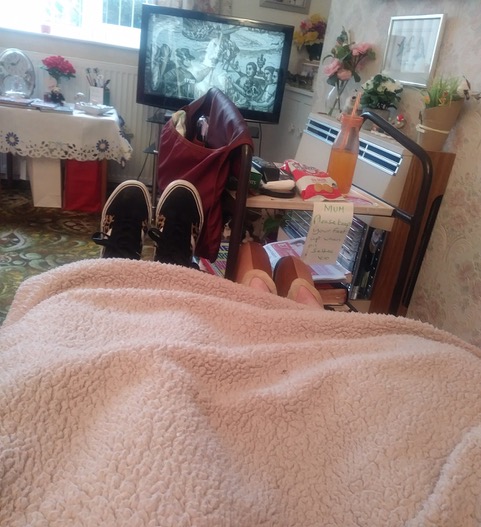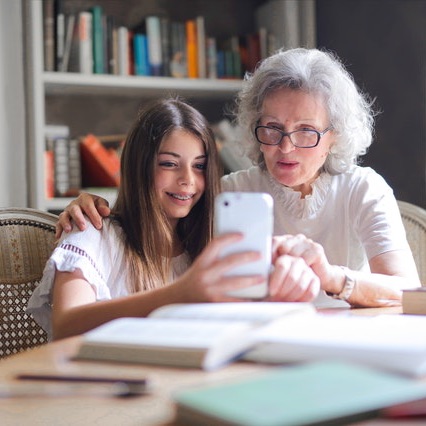Community Circles is exploring how to create Circles at scale, using person-centred practices, so that everyone can benefit.
What does this actually mean?
We need to find a way to extend the opportunity for people to have a Circle, to all disabled people, people with a personal budget and even beyond disabilities to make them commonplace for anyone who wants one, no matter their situation or living arrangement.
Circles are an untapped potential in relation to supporting the implementation of personal budgets in social care and health and also personal budgets within the Children and Families Act
What have we learned from existing evidence on Circles’ initiatives?
- All models have a ‘focus person’ who is in control and each Circle is unique to that individual
- Duration of Circles can vary and flexibility is important
- Circles can take time to build, particularly as trust and relationships take time to build
- Family, friends, volunteers, community members and paid professionals can be part of a Circle and building on existing relationships is helpful. However, it is the focus person that makes decisions about Circle members and activities
- Circles can be small (possibly only two people) or large and should be able to expand and contract according to the focus person’s requirements
- Circles can be temporary and problem-focused or can offer long-term, lifetime support
- Circles of Friends have been deployed in schools for children and young people experiencing exclusion or difficulties such as bullying.
- Circles should focus on strengths and mutuality and empower the focus person
- The use of technology, including online and digital, can help expand circles to include remote relatives and friends.
What are some of the challenges?
- Explaining why it is worth using a Circles’ approach.
- For many/most people it is not immediately obvious why going to the bother or organising a Circle will make a difference in their lives. Most people will need to see Circles working in practice for people they know before they will trust what may at first seem an unfamiliar process.
- Providing evidence that Community Circles lead to improved outcomes for people who use them:
- Circles aim for improvement in people’s lives that are defined by the focus person and the Circle rather than any outside party. We believe that Circles will enable people to organise and apply the resources available to them more effectively in order to reach these self defined outcomes
- Developing a practice that remains values based, person-centred and authentic when applied at scale:
- The facilitators becomes seen as a community organiser and enhancer, allied to the person and the community, rather than “just another professional”
What have we learned from person-centred planning?
The government introduced person-centred planning into policy through Valuing People in 2001. In Putting People First (2009) there was an expectation that person-centred planning be mainstreamed. There have been many lessons learned from this, both in terms of what worked well, and what to avoid. We think some of these lessons are applicable to extending Circles.
- We have learned that when person-centred planning is dependent on a few highly trained people it cannot have the impact at scale that is needed. (Personalisation through Person-Centred Planning, DH, 2010)
- We have learned that deconstructing person-centred planning into a series of practical person-centred thinking tools and teaching these to all staff can enable a change in culture and practice that has an impact on many more people’s lives (Sanderson and Lewis 2011)
- We have moved from having a few highly trained person-centred planning co-ordinators and planners in a local authority, to everyone needing to know about person-centred thinking tools and seeing how these apply in their work.
How can you get involved?
There are many ways for you to get involved with Community Circles.
- Engage via Social Media:
- You can follow Community Circles on Twitter @C_Circles.
- You can subscribe to our blog and share our posts with your colleagues
- You can follow our Facebook Page
- You can join our Facebook group
- Share your experience of Circles with us for our blog
- Let us know of any ideas you have on helping us to overcome some of the challenges.
- Express an interest in training as a facilitator when we roll out Community Circles

